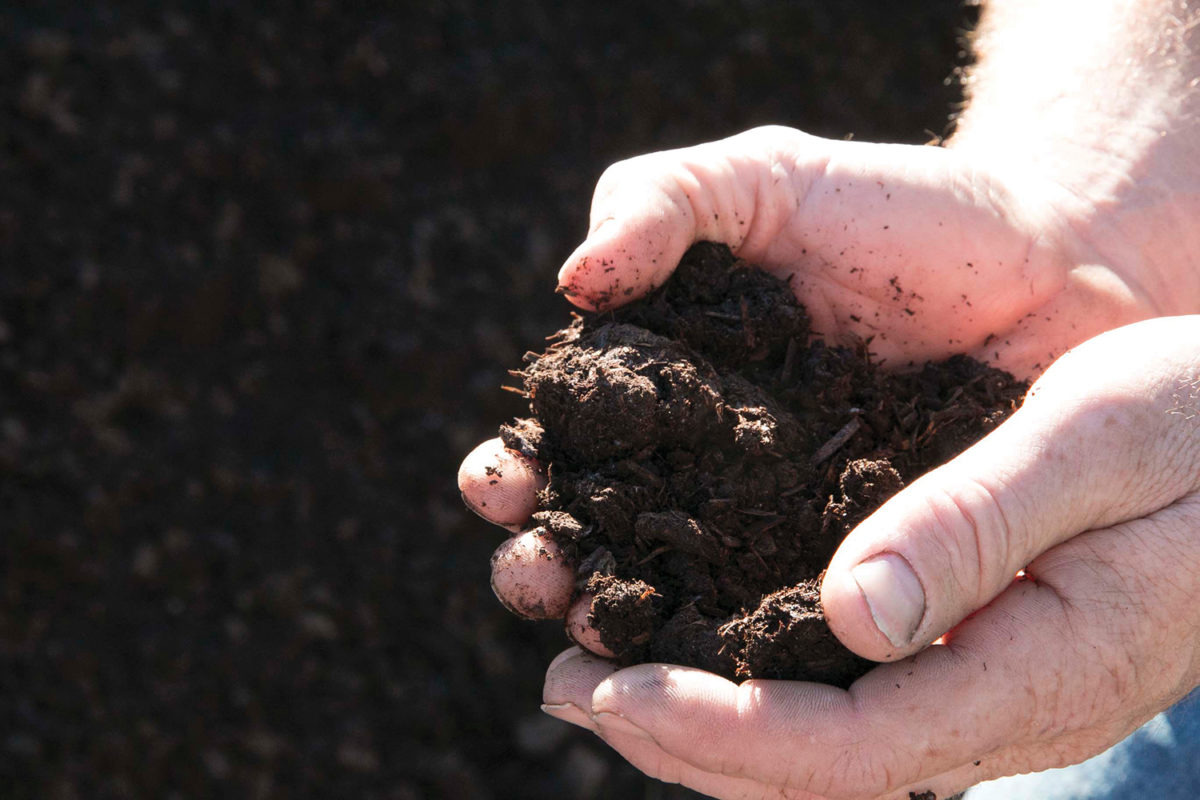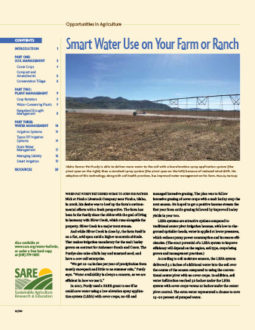Some farmers, particularly organic farmers, have long applied manure and compost to meet fertility needs. Most non-organic vegetable producers rely on the quicker fix of annual applications of commercial fertilizer. In either case, nutrient applications should be based on the crop’s needs and on results from soil testing if they are to enhance soil health and water management.

Animal manures are high in important crop nutrients and help build and maintain soil organic matter. Analyze manures first to accurately determine application rates. Keep in mind potential limitations like pathogen contamination of crops intended for direct human consumption and accumulations of potentially toxic metals if application rates exceed crop needs.
Composting organic residues before applying them to soil can, if done correctly, eliminate plant disease organisms, weed seeds and many potentially noxious chemicals. Compost provides extra organic matter that improves the soil’s waterholding capacity and provides a slow release of nitrogen. Good composting requires plentiful, decomposable carbon- and nitrogen-containing materials, good aeration, moist conditions and enough pile size to allow high temperatures to develop for microbial activity.
More on Farm-Scale Composting
A SARE-funded project at Oregon State University led to development of an agricultural composting and water quality bulletin. It provides detailed, step-by-step guidelines on how to develop a composting enterprise on the farm, regulatory considerations and impacts on water quality.
